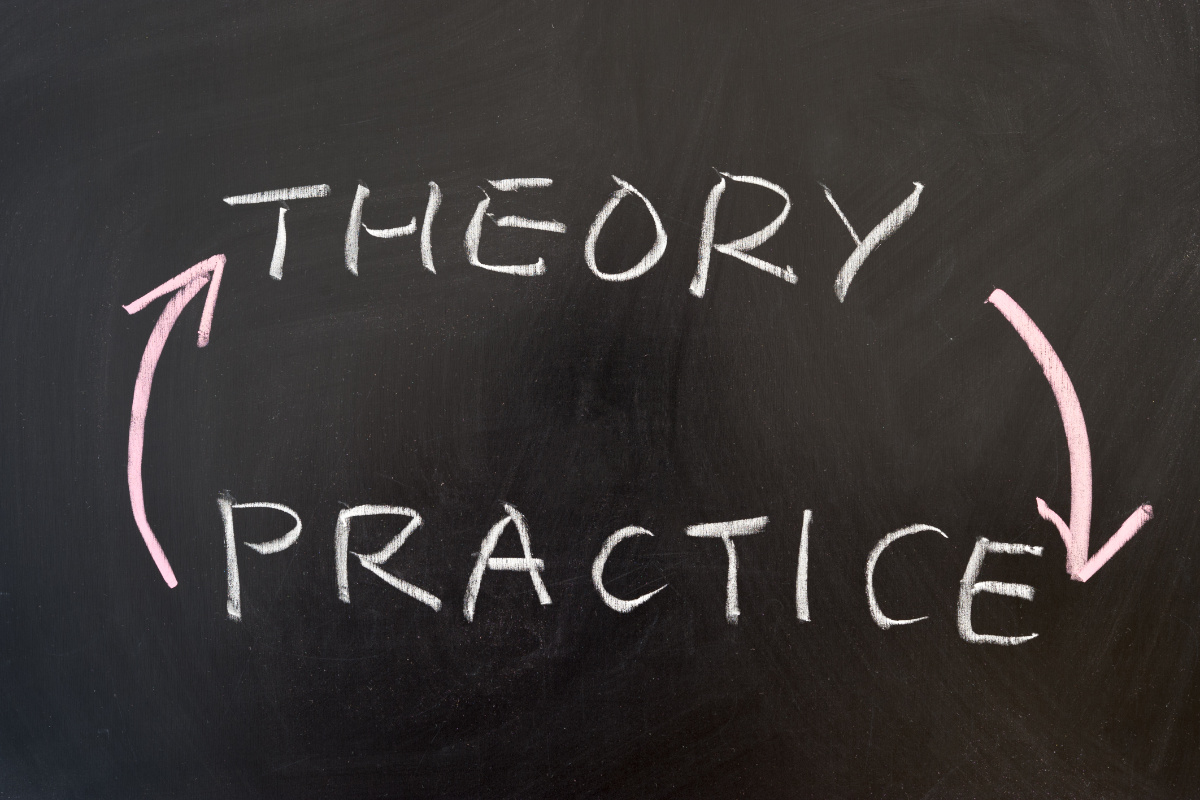
By Derek T. Dangerfield II
This semester I am teaching Advanced Public Health Communication with masters and doctoral students. Our first two sessions reviewed the role of theory in behavior change and mass media health communication, which I thought would be a simple overview. However, I was reminded about the crucial yet underutilized role of theory in public health communication. Theories that assess risk and identify elements for behavior change are foundational to public health practice and related policy. Therefore, students, researchers, and public health practitioners must be reminded of the importance of operationalizing and incorporating theory into practice.
Theoretically guided health promotion approaches are crucial for public health programming. First, theory provides a framework for understanding why people behave the way they do and is key to identifying the necessary points for intervention strategies. This is becoming increasingly overlooked in the recent HIV literature as contemporary HIV interventions begin to emphasize the use of implementation science frameworks. Moreover, in the case of marginalized minority communities, such as Black sexual minority men, studies are moving away from behavior change models to focus more on “socio-structural” factors that impact health outcomes. However, new approaches lack key theoretical underpinnings that identify mechanisms of behavior change or suggest interventions success. Health behavior theories cannot be ignored or glossed over in contemporary interventions.
Decades of theoretically guided health behavior research shows that behaviors can be changed with use of relevant frameworks, valid measures, and interventions that adequately address the need according to the frameworks. Some theories such as the health belief model would suggest that factors such as socioeconomic status can be overcome with appropriate use of the model. We must go back to the basics in our teaching and scholarship because ultimately, the goal of health communication is change behavior while communities wait for us to change nebulous “structural factors.” Moreover, for Black communities, changing known structural drivers of health disparities such as racism and discrimination may be beyond the scope of individual research protocols.
We must not give upon theoretically guided strategies or behavior change models and we should ensure that students understand the process of integrating theory into intervention methodologies. Teaching and scholarship should highlight how to systematically integrate (behavior change) theory into our thinking, designs, measures, methods, and evaluations from beginning to end is critical to ensure that programs are truly effective, reliable, and sustainable.
